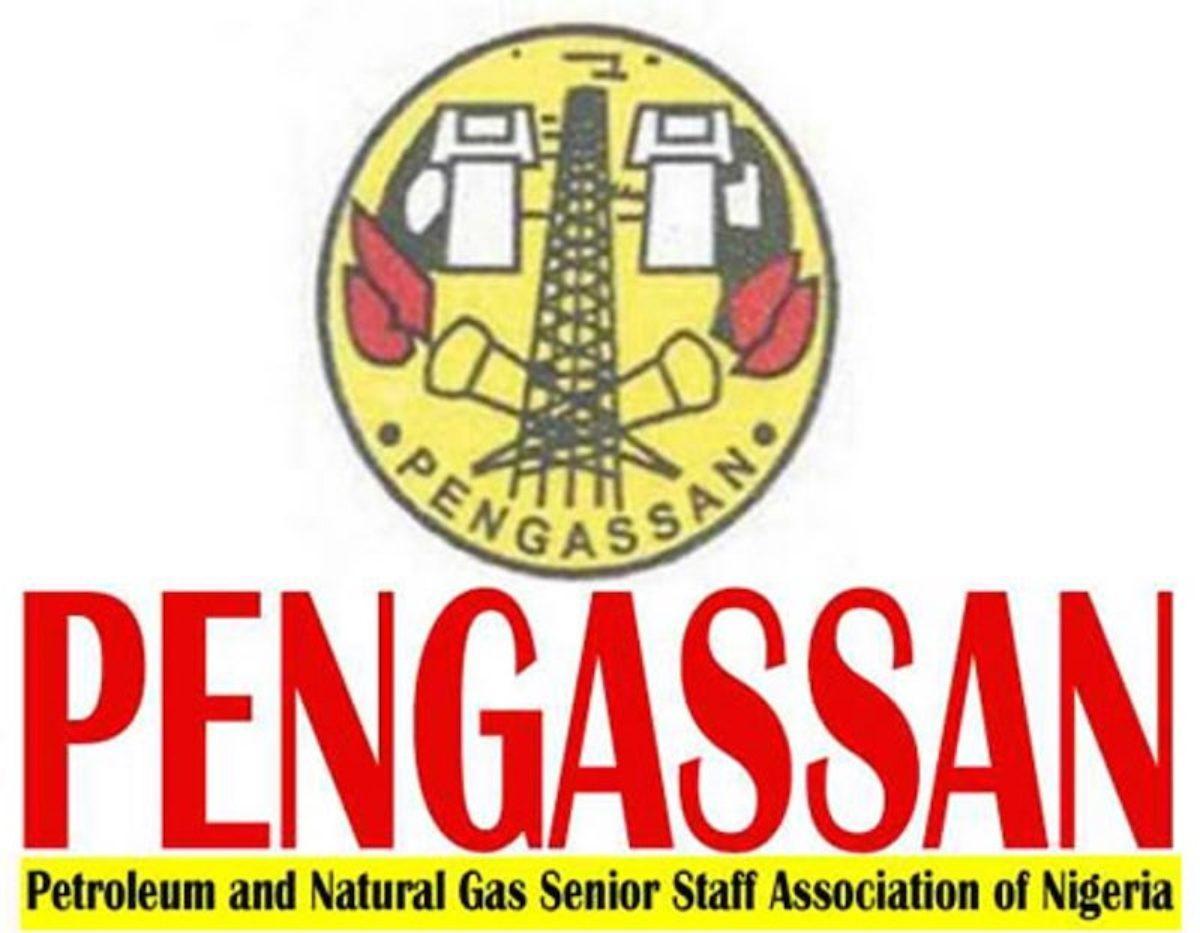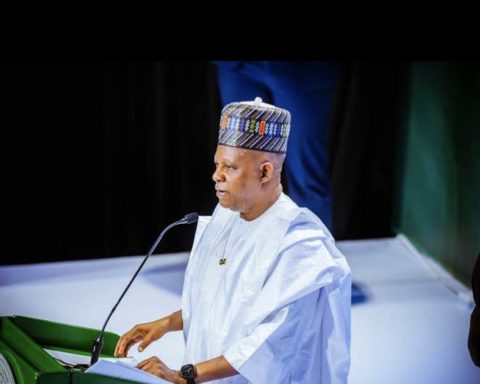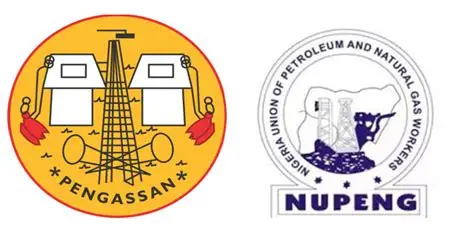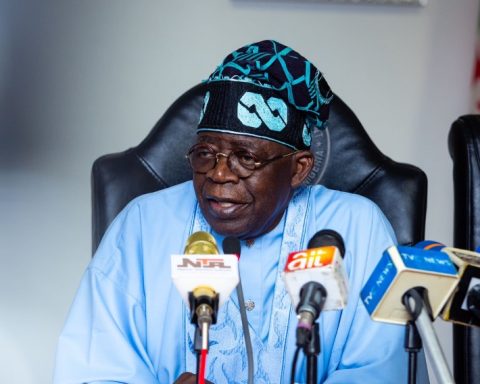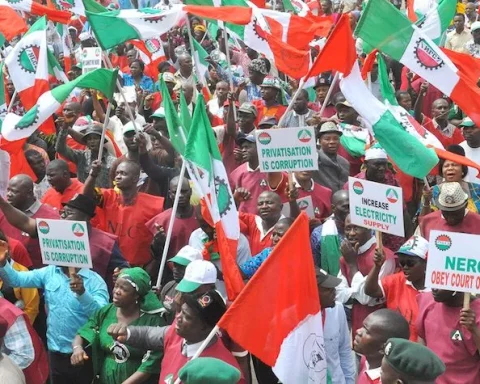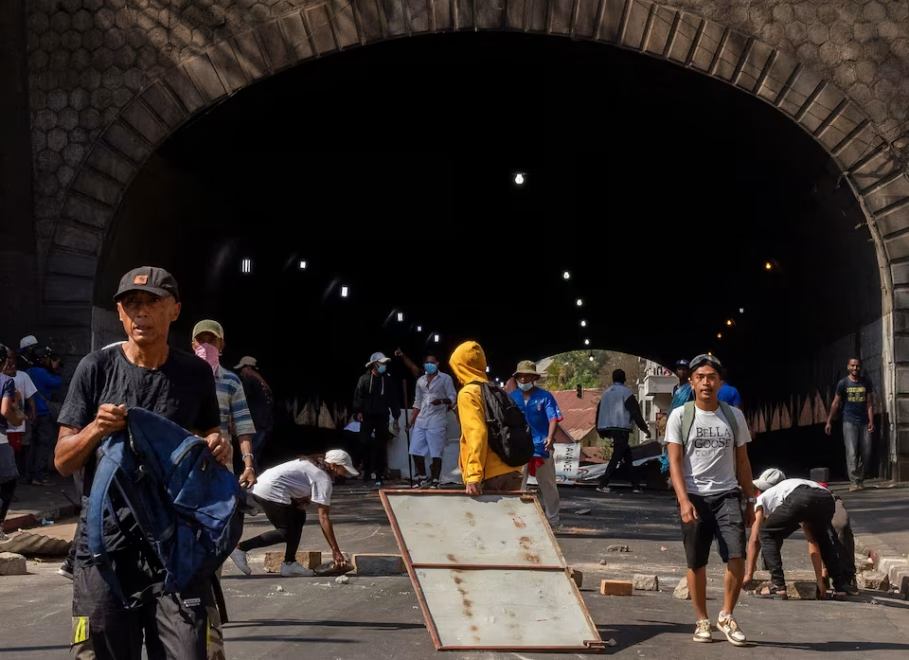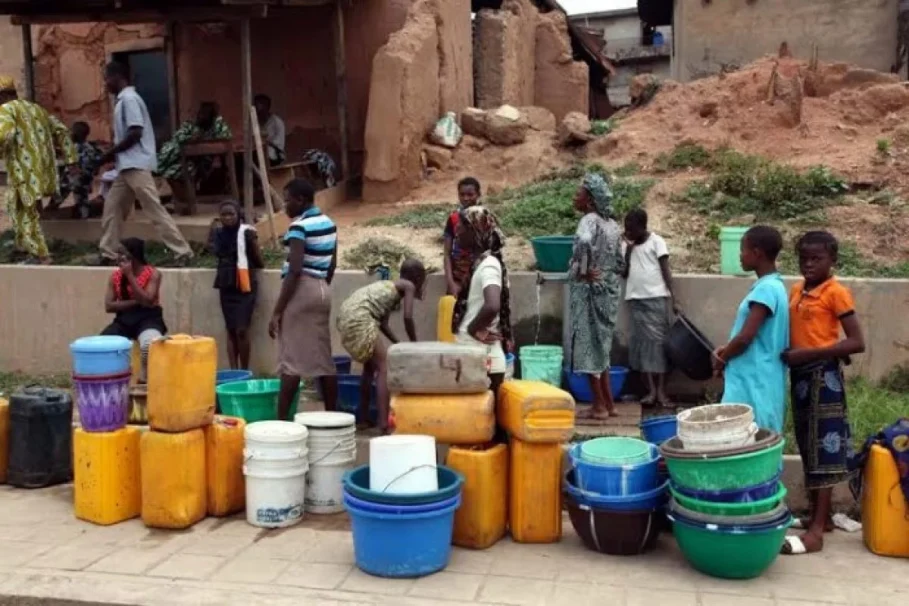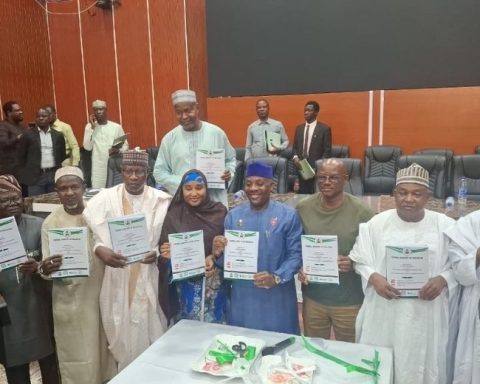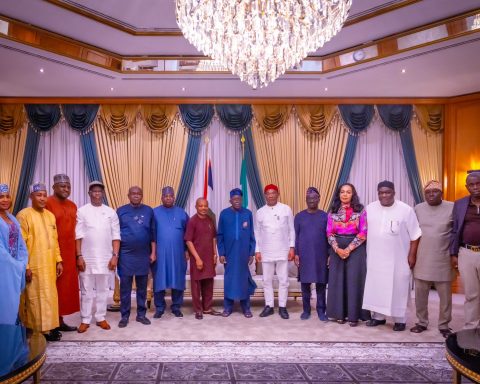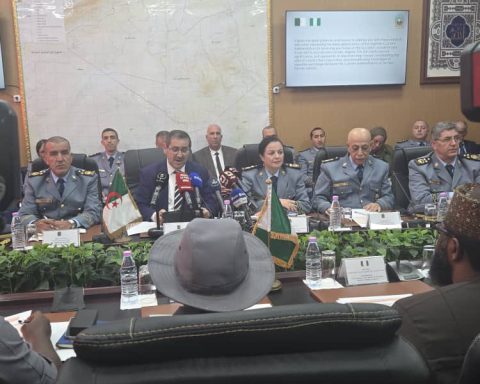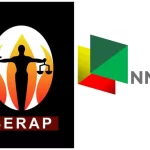Nigeria’s oil and gas industry was thrown into turmoil on Monday as members of the Petroleum and Natural Gas Senior Staff Association of Nigeria (PENGASSAN) began a nationwide strike, crippling operations at key regulatory agencies and raising fears of imminent fuel shortages.
The industrial action, which took effect at midnight following a Sunday directive by the union’s National Executive Council, forced a shutdown of offices of the Nigerian National Petroleum Company Limited (NNPCL), the Nigerian Upstream Petroleum Regulatory Commission (NUPRC), and the Nigerian Midstream and Downstream Petroleum Regulatory Authority (NMDPRA).
At the NUPRC headquarters in Abuja, the main gate was locked, leaving workers stranded outside. Security operatives confirmed that no staff were allowed entry in compliance with the strike order. A similar scene played out at the NMDPRA offices in the Central Business District, where activities were completely paralysed.
Join our WhatsApp Channel“We have achieved 100 per cent compliance,” said Tony Iziogba, PENGASSAN Chairman at the NMDPRA, adding that the shutdown extended to NNPCL and other critical facilities across the country.
PENGASSAN said the strike followed the alleged unlawful dismissal of about 800 Nigerian workers at the Dangote Petroleum Refinery. The union accused the refinery of violating labour laws and International Labour Organisation (ILO) conventions by sacking staff for joining the union and replacing them with foreign workers.
READ ALSO: Dangote Refinery Accuses PENGASSAN of Lies, ‘Terror Tactics’ Amid Nationwide Strike Threat
In a resolution signed by its General Secretary, Lumumba Okugbawa, the union directed members to halt all processes involving crude oil and gas supply to the $20 billion refinery, ordering International Oil Companies (IOCs) to ramp down production destined for the facility.
“All processes involving gas and crude supply to Dangote Refinery should be halted immediately,” the statement read.
Oil marketers have warned that the directive could disrupt domestic fuel distribution, heightening the risk of scarcity and price spikes. NNPCL remains Nigeria’s sole importer of petrol, while the NUPRC monitors crude production and NMDPRA regulates supply and distribution making the strike’s impact potentially nationwide.
The federal government has called an emergency meeting of stakeholders, scheduled for later on Monday, in a bid to avert a prolonged shutdown of the sector. The Minister of Labour is expected to lead negotiations aimed at persuading the union to call off the strike.
Analysts caution that a protracted impasse could choke gas supplies to power plants, trigger blackouts, and disrupt economic activities. “The stakes are high,” one energy consultant told our correspondent. “Unless the government and PENGASSAN reach a quick compromise, the ripple effects will be felt across the entire economy.”
As of Monday afternoon, the union maintained that the strike would continue until the sacked Dangote workers are reinstated and guarantees are given for their right to unionise.
Amanze Chinonye is a Staff Correspondent at Prime Business Africa, a rising star in the literary world, weaving captivating stories that transport readers to the vibrant landscapes of Nigeria and the rest of Africa. With a unique voice that blends with the newspaper's tradition and style, Chinonye's writing is a masterful exploration of the human condition, delving into themes of identity, culture, and social justice. Through her words, Chinonye paints vivid portraits of everyday African life, from the bustling markets of Nigeria's Lagos to the quiet villages of South Africa's countryside . With a keen eye for detail and a deep understanding of the complexities of Nigerian society, Chinonye's writing is both a testament to the country's rich cultural heritage and a powerful call to action for a brighter future. As a writer, Chinonye is a true storyteller, using her dexterity to educate, inspire, and uplift readers around the world.


